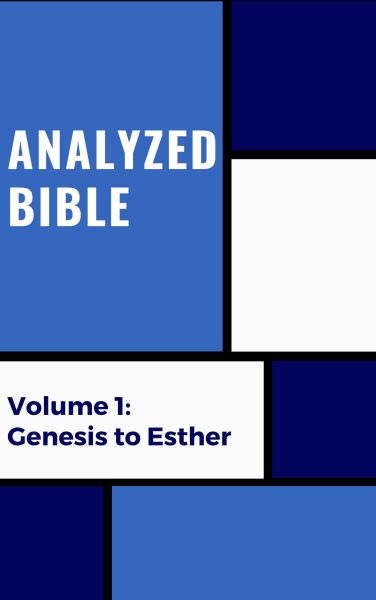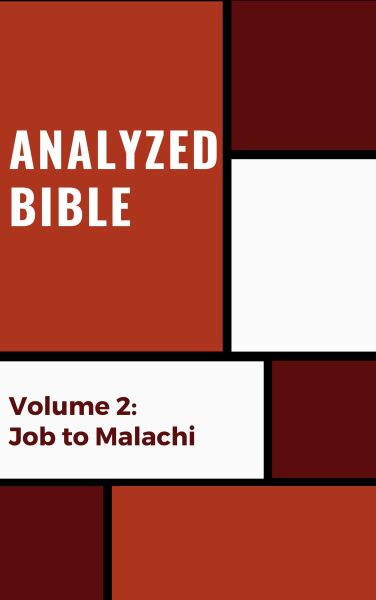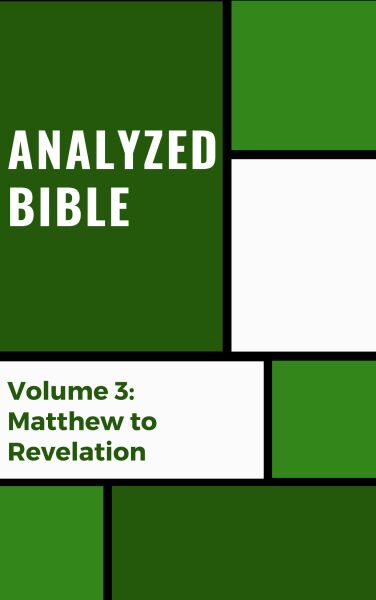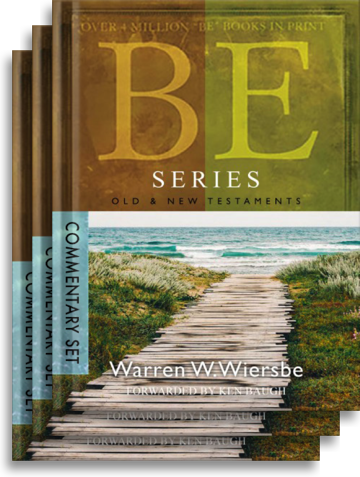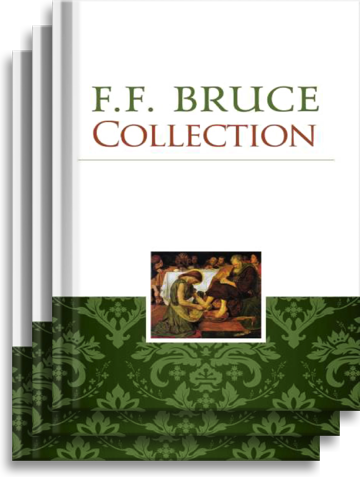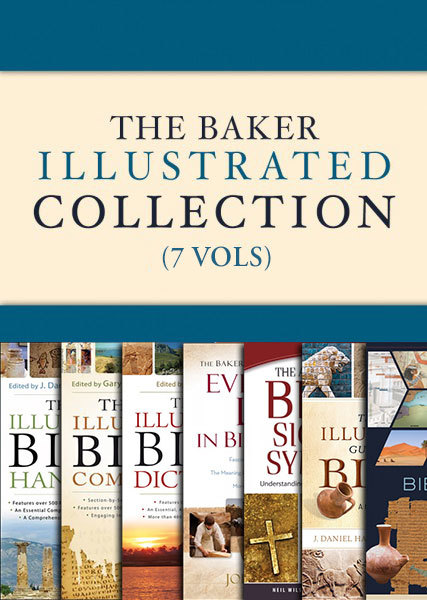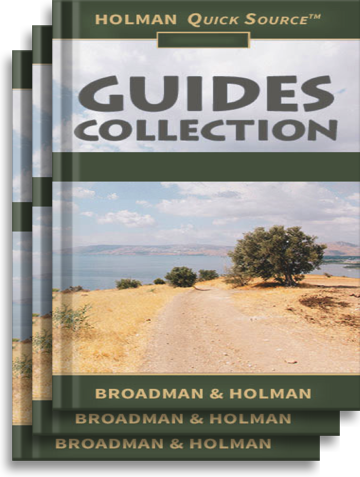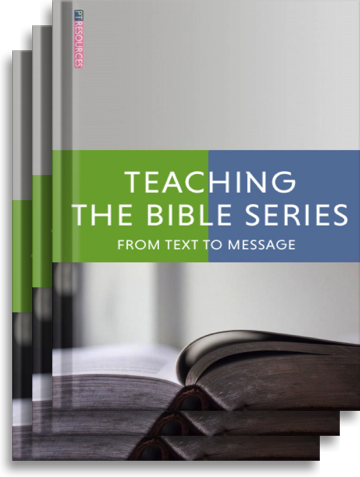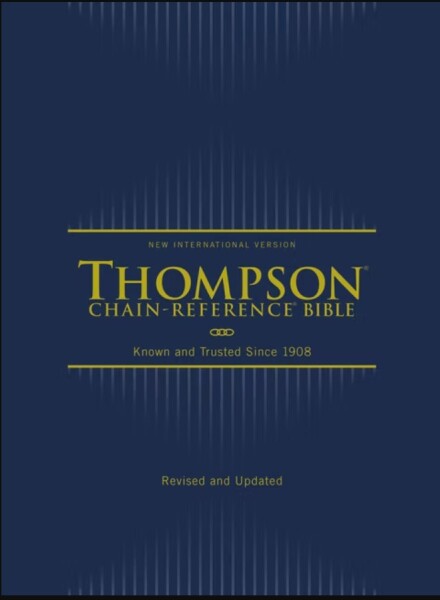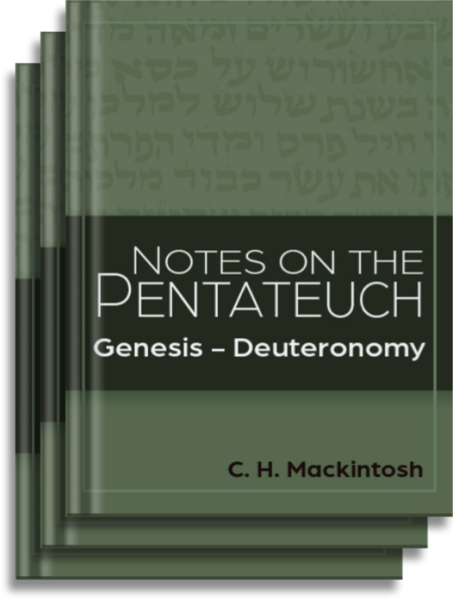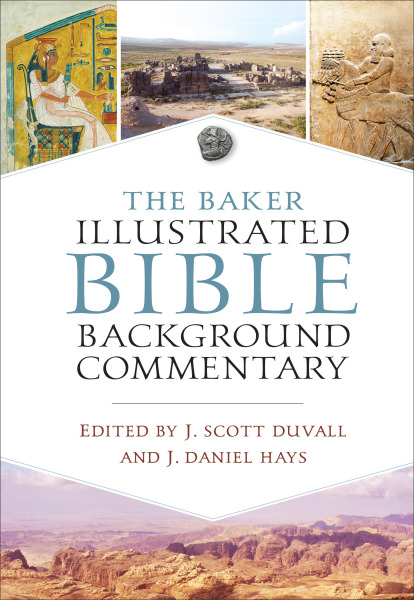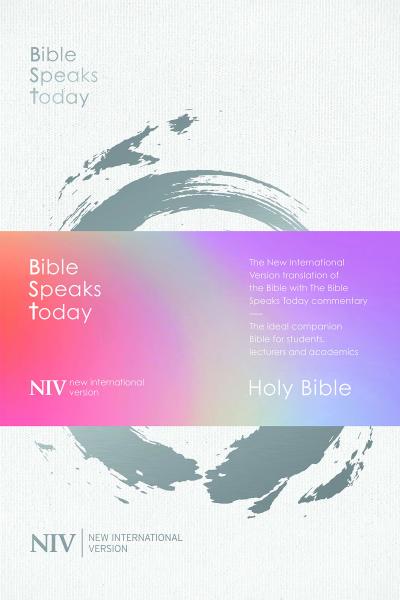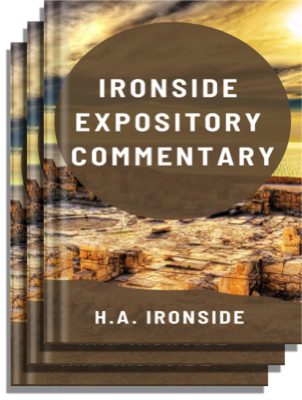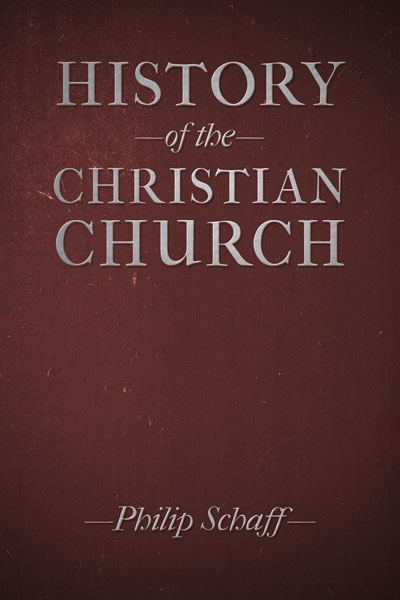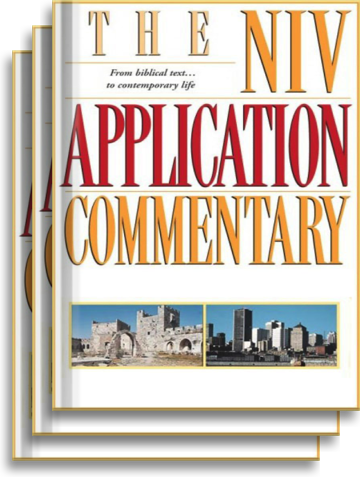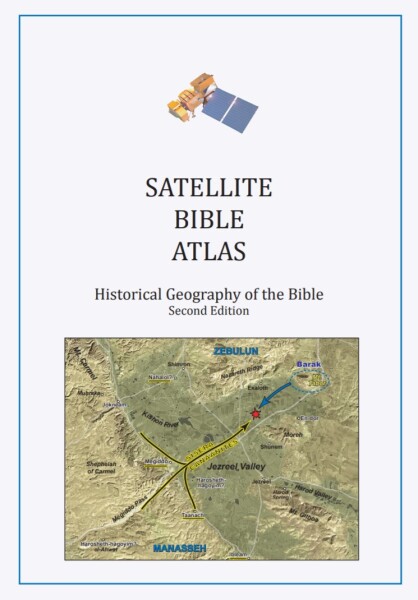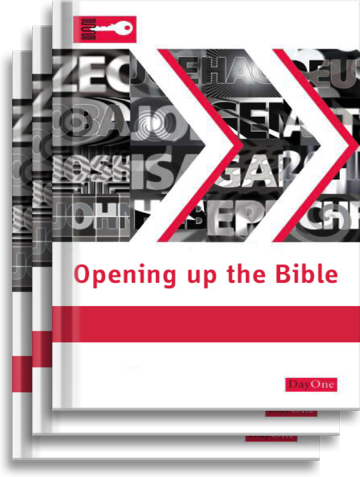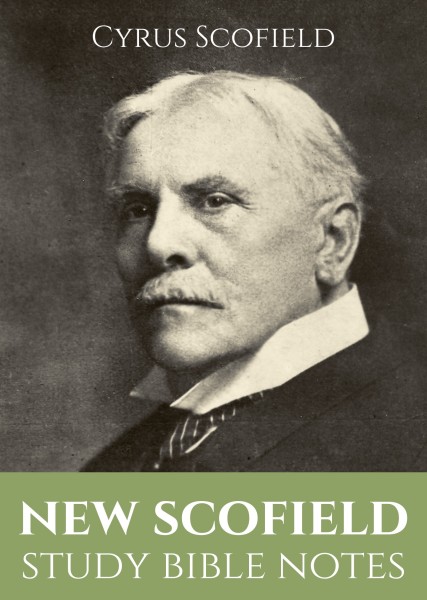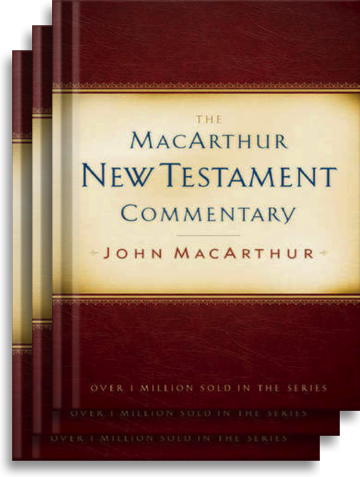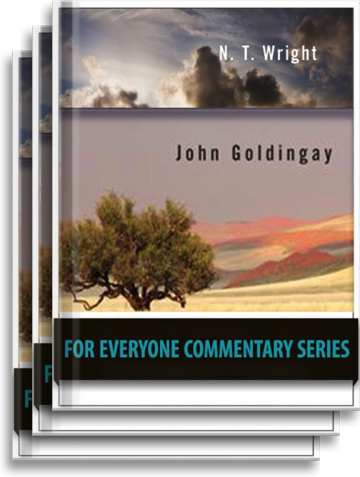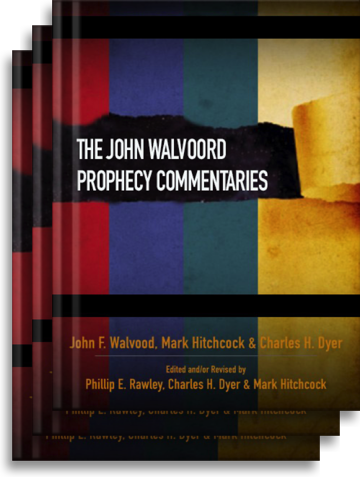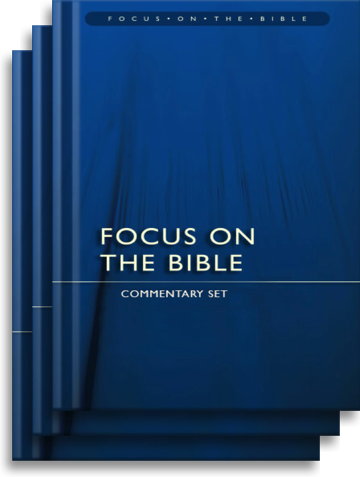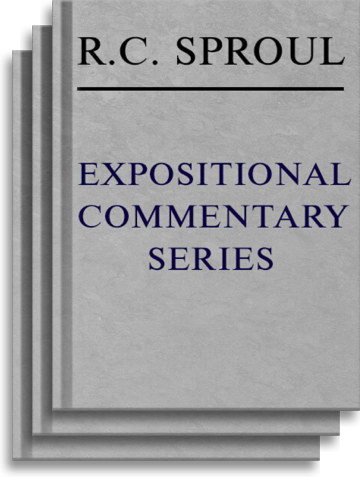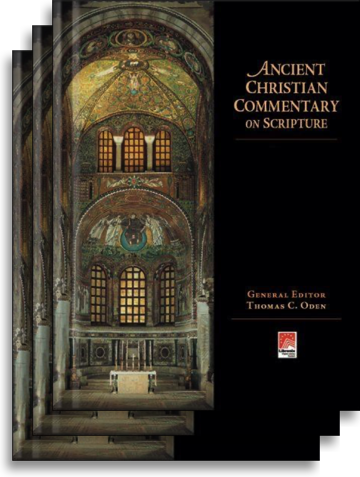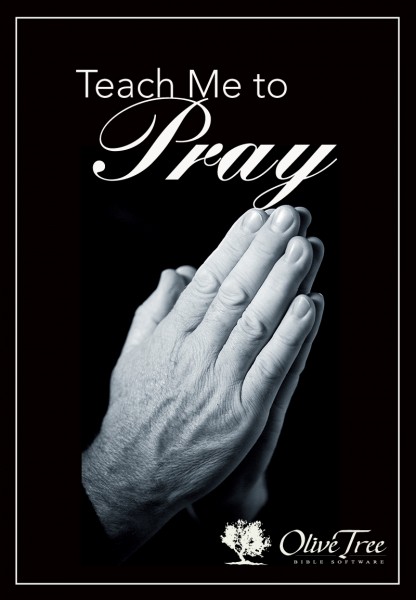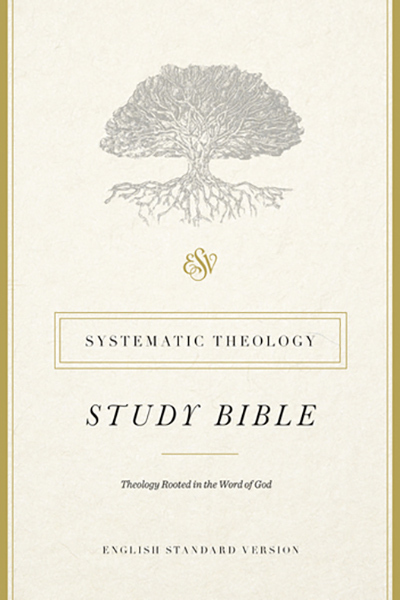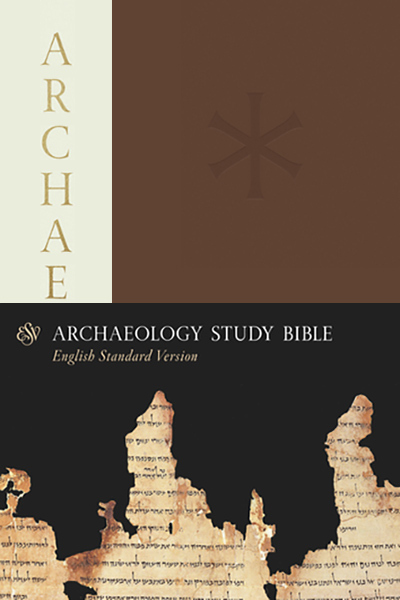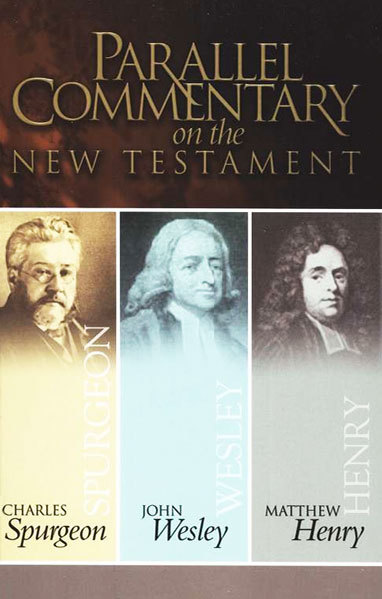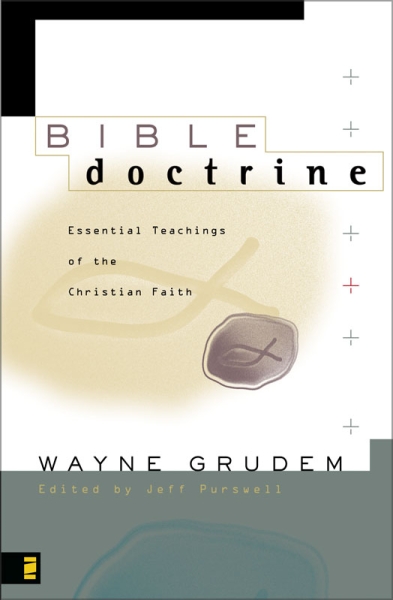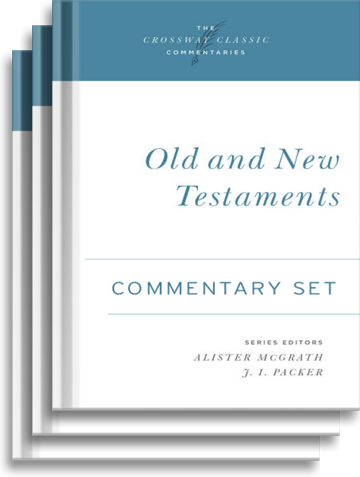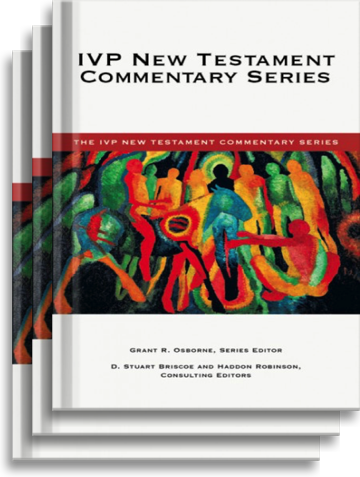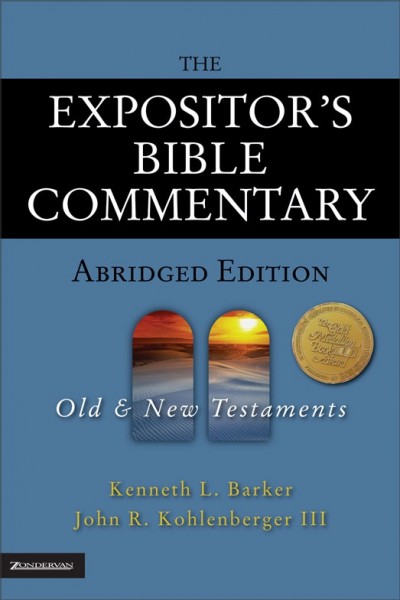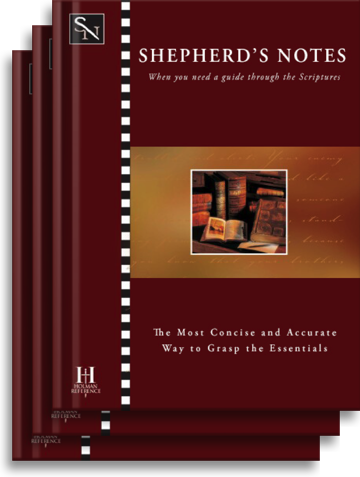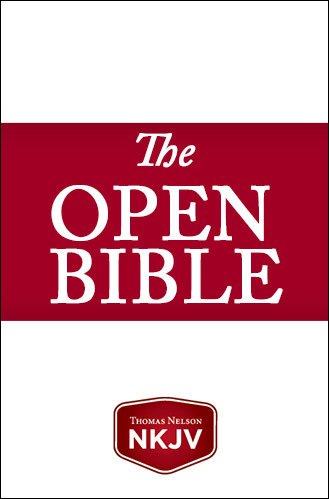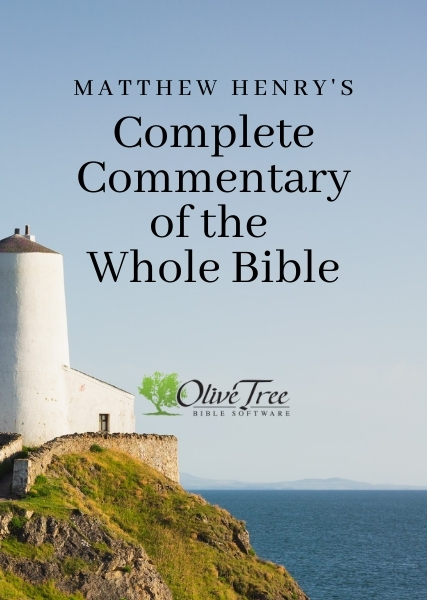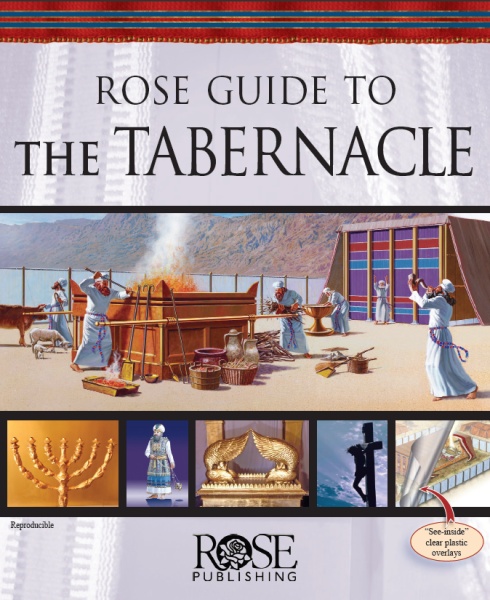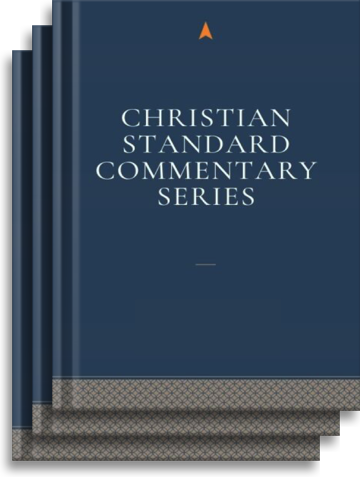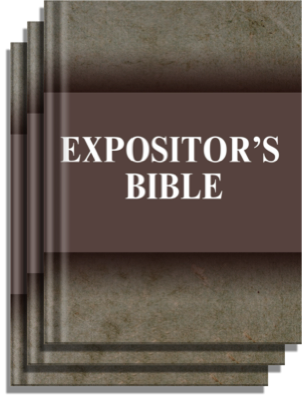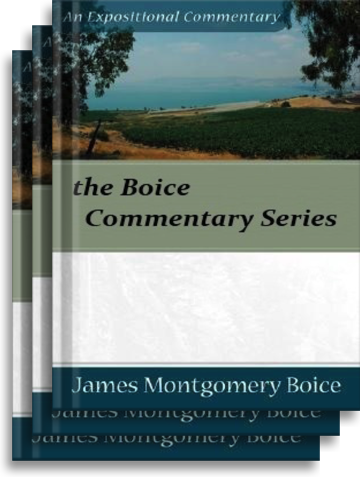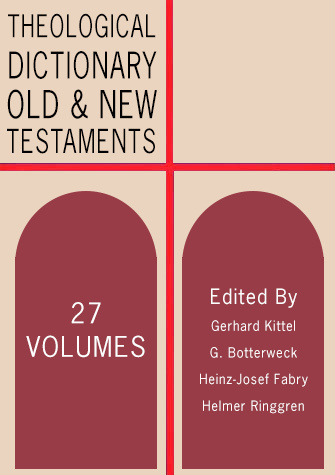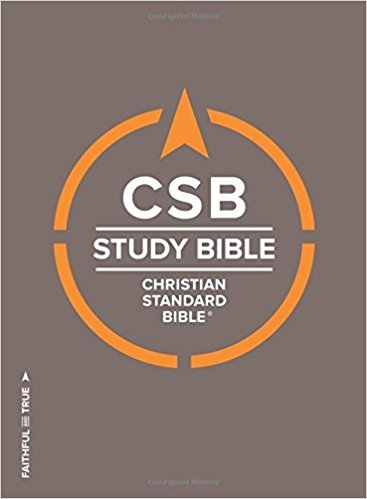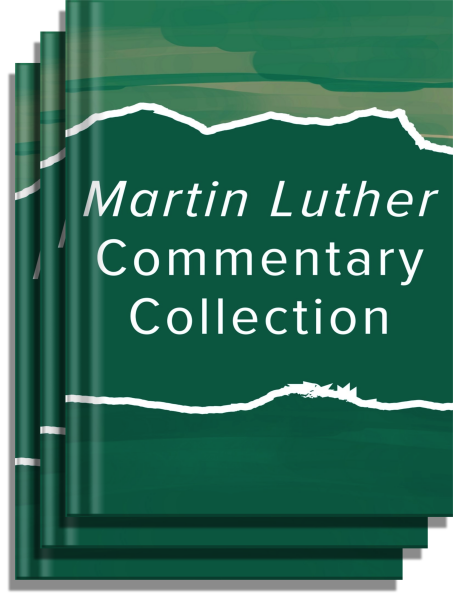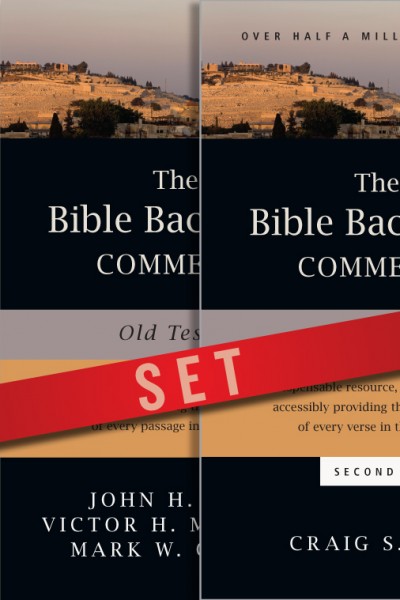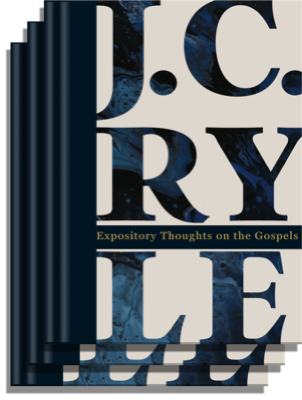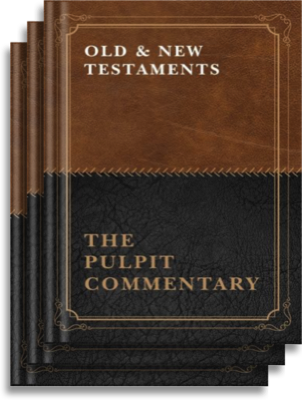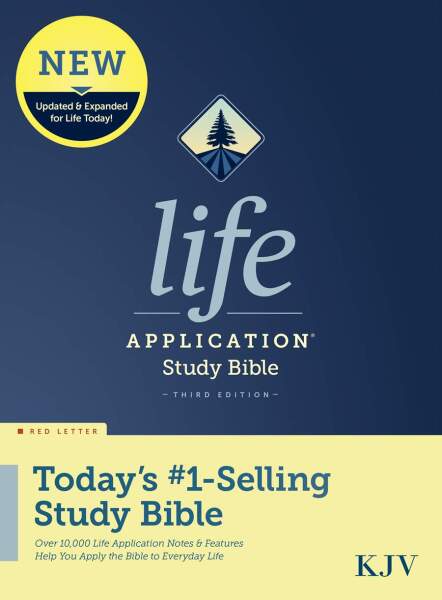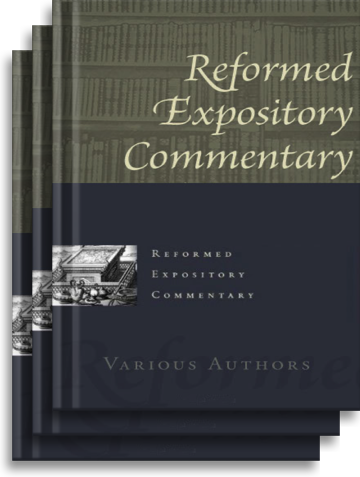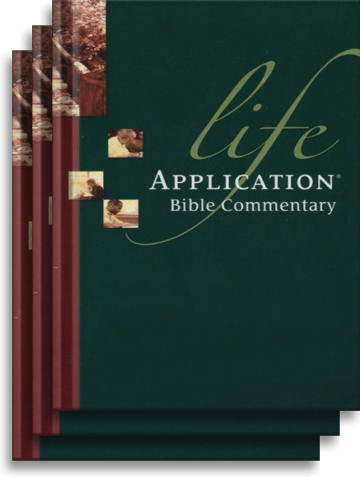


Analyzed Bible (3 Vols.)

Analyzed Bible (3 Vols.)
G. Campbell Morgan understood the unity and connectedness of every part of the Bible, sharing this understanding through his Analyzed Bible. "Telescopic" in nature, his study focused on the structure of the Bible in broad strokes, leaving others to plumb the depths of individual verses and chapters.
Under Campbell's expert guidance, readers can walk through this soaring panorama of Scripture, gaining the overall contextual understanding of each book's unique place in the whole of Scripture. Each analysis begins with a clearly charted outline, followed by further detail and discussion of the major conceptual divisions contained within that section.
The Analyzed Bible study system lays a solid foundation to understand how the beautiful redemption story of Scripture unfolds. It sets the perfect stage for later study by providing the users a deep grasp of the scope, context, content, and outline of the Bible as a whole.
George Campbell Morgan (1863 - 1945) pastored Westminster Chapel in London from 1904 to 1919, and again from 1933 to 1943 where he mentored Martyn Lloyd-Jones, who would succeed him in the Westminster pulpit.
Morgan had no formal training for ministry, but his commitment to study and teaching of the Word led to his popularity, with thousands in attendance at his weekly Bible classes. In his many trips from his native England to America, Morgan was invited to lecture at Moody Bible Institute and teach at Biola. In 1902 he was given a Doctor of Divinity degree by the Chicago Theological Seminary.
Morgan was a prolific writer, with many works published both during his lifetime and after his death. His most influential essay, The Purposes of the Incarnation, was included in a collection of works called The Fundamentals which is considered to be the spark of the modern Fundamentalist movement.
